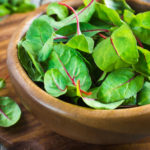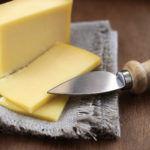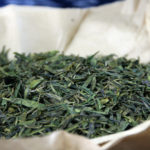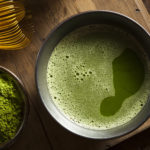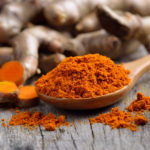Turmeric Tea Benefits
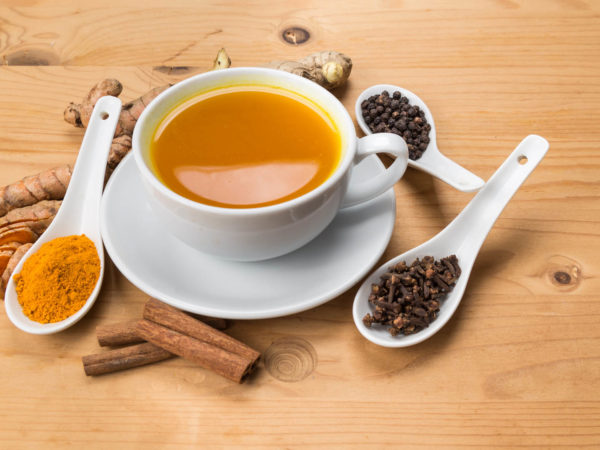
A spicy dish of Indian biryani and a hot dog purchased at the ball game may seem to have little in common, but both feature a liberal quantity of turmeric (Curcuma longa). In the biryani, the spice is an essential part of the curry mixture that gives the dish its distinctive zing. In the dog, turmeric is what makes the slathering of American mustard bright yellow.
The promising aspect of this cross-cultural spice, turmeric, is notable in the context of healthy aging and an anti-inflammatory diet. In India, where turmeric is a staple in daily curries, there is one of the world’s lowest rates of Alzheimer’s disease, suggesting a potential link between regular turmeric consumption and improved brain health. That does not appear to be a coincidence. In fact, extracts of turmeric have been found to contain a number of natural agents that block the formation of beta-amyloid, the substance responsible for the plaques that slowly obstruct cerebral function in Alzheimer’s disease. Research in mice suggests that turmeric extract appears to decrease beta-amyloid and other markers of Alzheimer’s disease.
Other studies have suggested turmeric and turmeric tea have broad anti-inflammatory and anti-cancer benefits, as well. But few Americans eat enough curry to achieve these protective effects. Although Dr. Weil does not recommend daily mustard-laden hot dogs as the ideal turmeric delivery device, he found a potential solution during one of his many trips to Okinawa, the island nation with the world’s longest average life span, 81.2 years.
Okinawans drink copious quantities of turmeric tea. Some brew it fresh, but others simply buy cans or powdered instant versions of unsweetened tea from their local stores.
If you would like to try it, here’s a turmeric tea recipe. Feel free to experiment with the ingredients and flavorings until you find a combination that suits your taste.
How to Make Turmeric Tea
- Bring four cups of water to a boil.
- Add one teaspoon of ground turmeric and reduce to a simmer for 10 minutes.
- Strain the tea through a fine sieve into a cup; add honey and/or lemon to taste.
- Add a pinch of black pepper to increase absorption.
Watch a video clip on how to prepare turmeric tea.
Some people like to add a teaspoon of ginger along with the turmeric. While ground versions are more convenient, it’s worthwhile to experiment with freshly grated turmeric for a more vibrant flavor. These distinctive, deep-orange roots are increasingly available in American grocery and natural food stores. Enjoy!
Read other articles by Dr. Weil and explore the power of tea.
SOURCES:
alzheimer.neurology.ucla.edu/Curcumin.html
umm.edu/health/medical/altmed/herb/turmeric
ncbi.nlm.nih.gov/pubmed/21875408
okicent.org/
okinawateacompany.com/html/okinawa-longevity.php
Reviewed by Benjamin S. Gonzalez, M.D., May, 2016.



